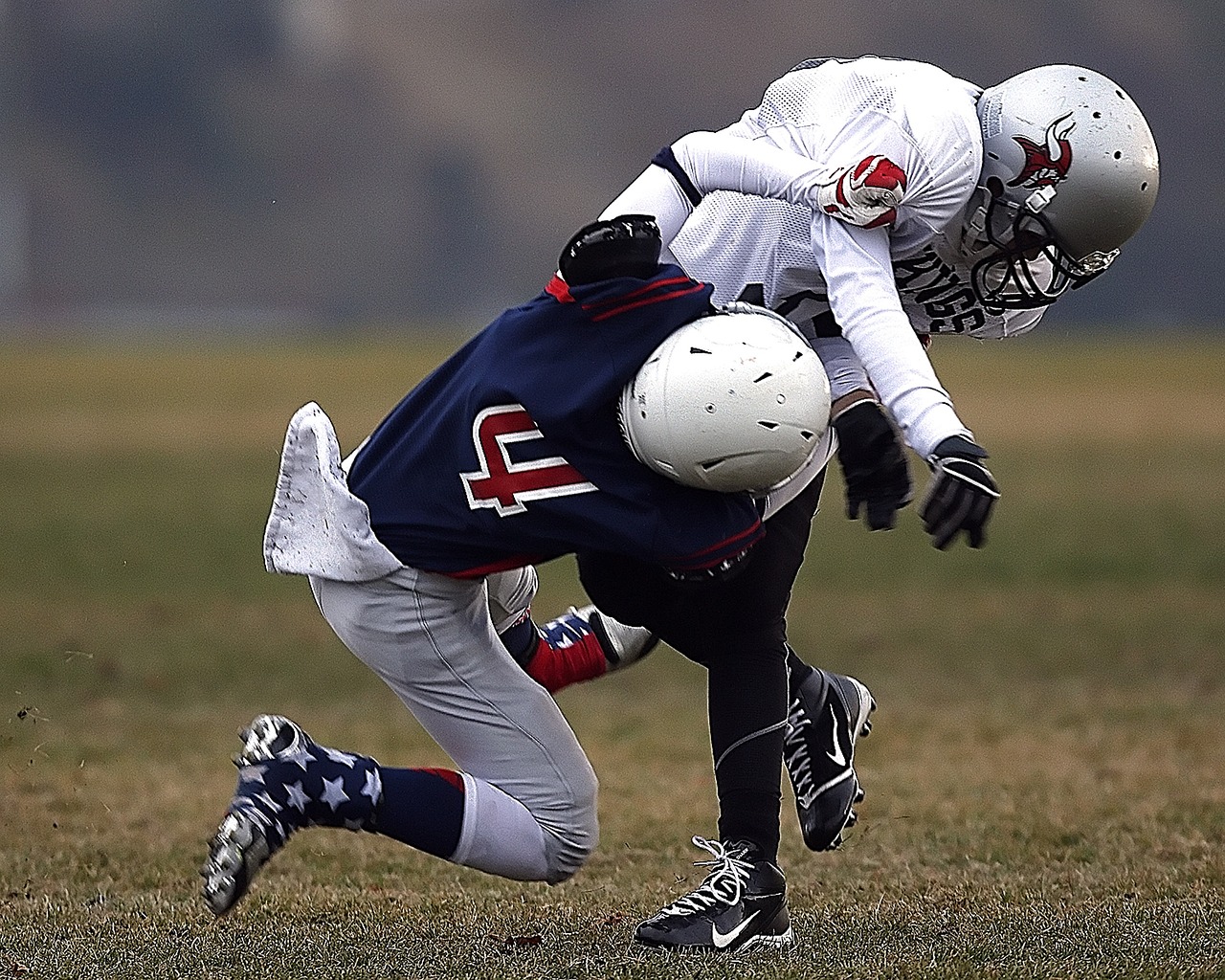Data-driven Insights into the Psychological Factors Affecting IPL Player Performance: Skyexch win, World777 com id, Goldbet7 com
skyexch win, world777 com id, goldbet7 com: The Indian Premier League (IPL) is one of the most popular cricket tournaments in the world, attracting top players from around the globe. With high stakes and intense competition, understanding the psychological factors affecting player performance can provide valuable insights into how to excel in this challenging environment.
Individual Differences in Psychological Factors
Every player in the IPL comes from a different background and has their unique set of psychological traits. Some players may thrive under pressure, while others may struggle to perform when the stakes are high. Understanding these individual differences can help coaches and team managers tailor their strategies to maximize each player’s potential.
Motivation and Goal Setting
Motivation plays a crucial role in determining player performance. Athletes who are driven by intrinsic motivation, such as a love for the game or personal growth, are more likely to perform well consistently. Setting specific, challenging goals can also help players stay focused and motivated throughout the IPL season.
Confidence and Self-Efficacy
Confidence is another key psychological factor that can impact player performance. Players who believe in their abilities and have a high level of self-efficacy are more likely to succeed in high-pressure situations. Building players’ confidence through positive reinforcement and skill development can help them perform at their best.
Emotional Regulation
Managing emotions is essential for athletes competing in the IPL. Players who can stay calm and focused under pressure are better equipped to make quick decisions and execute their skills effectively. Teaching players techniques for emotional regulation, such as mindfulness and visualization, can help them maintain composure during intense matches.
Resilience and Mental Toughness
Resilience and mental toughness are vital qualities for IPL players, who must navigate the ups and downs of a long and grueling season. Players who can bounce back from setbacks and stay mentally strong in the face of adversity are more likely to succeed in the IPL. Coaches can help build players’ resilience through mental skills training and fostering a supportive team environment.
Team Dynamics and Communication
Effective communication and teamwork are essential for success in the IPL. Players who can work together seamlessly and communicate openly with their teammates are more likely to perform well on the field. Coaches can foster a positive team culture by encouraging open communication, collaboration, and mutual respect among players.
Conclusion
In conclusion, understanding the psychological factors affecting IPL player performance can provide valuable insights into how to help players excel in this highly competitive environment. By focusing on individual differences, motivation, confidence, emotional regulation, resilience, and team dynamics, coaches and team managers can help players reach their full potential and achieve success in the IPL.
FAQs
Q: How can coaches help players build confidence?
A: Coaches can help build players’ confidence by providing positive feedback, setting achievable goals, and encouraging a growth mindset.
Q: What is the role of emotional regulation in player performance?
A: Emotional regulation is crucial for players to stay calm and focused under pressure, make quick decisions, and perform at their best in high-stakes situations.
Q: How can team dynamics impact player performance?
A: Effective communication and teamwork are essential for success in the IPL. Positive team dynamics can help players work together seamlessly and perform well on the field.







